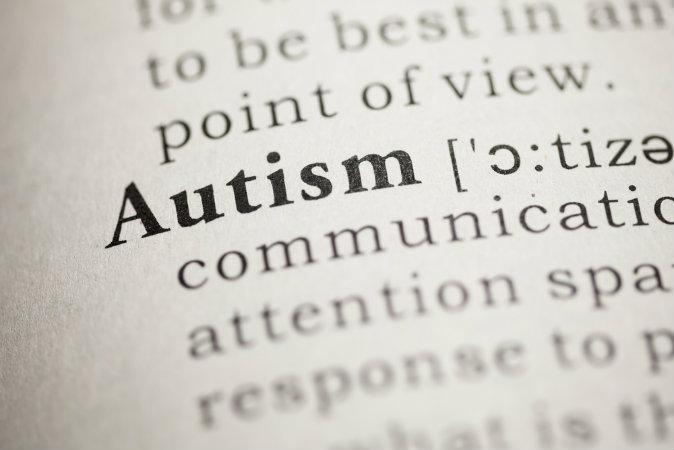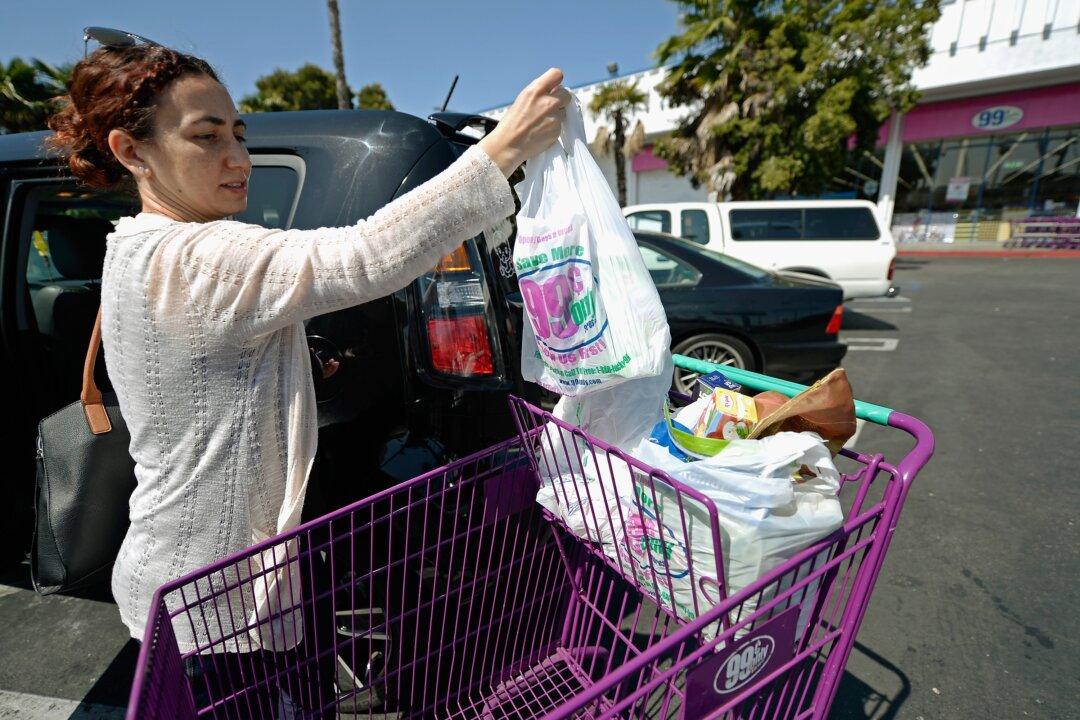Georgia is central to disability rights because of the 1999 Olmstead Supreme Court decision that found that people with disabilities must not be segregated in institutions and special educational facilities. Georgia and 29 other states had appealed the lawsuit of two women who were institutionalized even though their treatment providers said they were able to live in the community. The court established a principle that states are obliged to help people with disabilities live outside of institutions, according to a fact sheet from the Department of Health and Human Services.
My Life is FOR REAL! was the theme for the 14th Annual Disability Day rally in Atlanta in February. Over 2,000 supporters of people with disabilities assembled in the streets for an event sponsored by the Georgia Council on Developmental Disabilities (www.gcdd.org).
Gov. Nathan Deal spoke at the event and reassured those with developmental disabilities that continued support will be provided including expanded resources and waivers to move individuals with developmental disabilities out of hospitals, waivers to care for these disabled individuals currently living in the community, and increased support for family caregivers.
“We are strengthening our networks of crisis care with mobile crisis teams and crisis respite homes. We want to provide immediate, effective crisis care and these tools provide our state with a safety net to back up high-quality, person-centered care,” said Deal in a press release.
This year’s rally focused on community based services and individual support to help people who are disabled get out of institutions and into the community. Georgia Council on Developmental Disabilities’ Real Communities motto is community building, which creates these opportunities for the mentally disabled to participate more in every aspect of life such as activities that allow them to interact with others.
As the population ages and people with disabilities begin to realize their right to live in the community in lieu of institutions, the need for these community supports will exponentially increase, and this right is mandated by the Olmstead Decision and reinforced by the Department of Justice, according to a statement from Georgia Council on Developmental Disabilities (GCDD).
Louise Curtis was one of the plaintiffs in the Olmstead case. She said in an email interview:
“The things that happened to me in the institution still have a big impact on my life. I think about them. There are now people in my life who are not paid to know me, they are friends and they help me have a vision and plans to live my own life. Things I like to do include my art. People tell me I have talent! Sometimes I can make money from my art and this helps me to do all the things I like to do, otherwise, I have to live on a small amount of money or with the help of friends.”
Curtis described her experience in an institution as a life of restriction and being under other peoples’ control. Now that she is living in her own home, she enjoys her freedom and independence. She added, “There are still people who want me to live in institutions like group homes and spend my days in day programs.”
Olmstead v. L.C. built on the Americans with Disabilities Act to define the rights of people with mental disabilities to receive state-provided services in a community setting as opposed to in an institution.
According to Curtis, “For many people still in institutions and nursing facilities, Olmstead is still a million light years away! Many states are now working to follow the Olmstead Decision, but certainly not all state governments. Sometimes services in the community look very like services in an institution, people not having control over their own lives, but professionals having that control!”
“We are the largest minority group in the country and we should be the most powerful. ... We need to get all of you to the polls. We have the power to transform the debate,” said Mark Perriello, president and CEO of the American Association of People with Disabilities (AAPD) and former White House liaison at the U.S. Department of the Interior, in a statement.
Perriello, who has been visually impaired since childhood, led the crowd to chant the motto of the Independent Living movement, “Nothing about us without us.”



